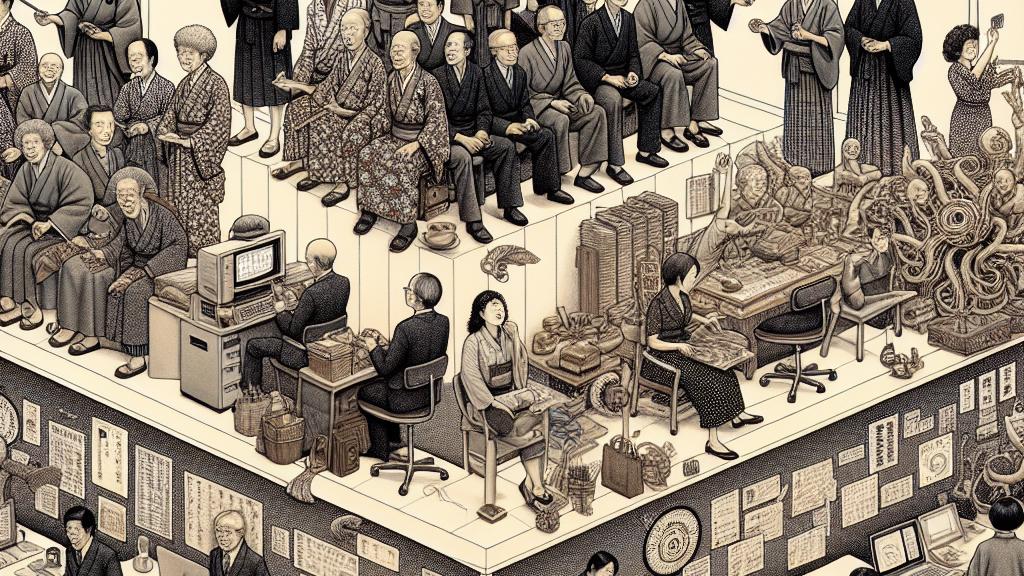Unpacking Japan's Wage Enigma: Where Men Rule and Women Wait
Overview
- Japan's wage structure heavily favors older men, stemming from entrenched historical practices.
- Women face significant salary disparities and barriers to career progression despite high educational attainment.
- Urgent reforms and inclusive discussions are crucial for dismantling systemic discrimination and achieving workplace equality.

The Framework of Japan's Wage System
The wage system in Japan has long been anchored in a seniority-based model that predominantly benefits older male employees. This approach, cultivated over decades, prioritizes tenure and loyalty over merit and skill, entrenching economic disparities among younger workers and women. As companies increasingly face global competition, there is a growing recognition of the need for a shift in this paradigm. Influenced by corporate pressure from groups like Keidanren, many businesses are now recognizing the necessity for a performance-based compensation system. This evolution aims to attract adept talents in innovative sectors while attempting to balance the unfair advantages afforded to senior male workers, yet it remains vital that these changes truly account for merit and inclusivity.
Examining the Gender Pay Gap
Despite advancements in women's participation in the workforce and educational sectors, the gender pay gap in Japan remains stark. Estimates indicate that women earn only about 82 cents for every dollar earned by men. Such disparities are exacerbated by societal expectations that place caregiving responsibilities disproportionately on women, often pushing them into lower-paying, part-time, or flexible jobs that limit their earning potential. These conditions further reinforce the wage gap, which persists even when adjusting for job types and levels of experience. Recent studies suggest that systemic discrimination contributes significantly to an unexplained pay gap, highlighting an urgent need for policy interventions that promote equal pay for equal work across all sectors.
Toward a More Equitable Workforce
For Japan to achieve a balanced, equitable workforce, comprehensive dialogue surrounding labor rights must include and elevate women's voices. While labor unions are crucial in advocating for worker rights, a significant challenge lies in the low representation of women within these organizations, which limits their impact on addressing gender-specific issues. Encouraging strong collaborative efforts between all workers is essential for challenging long-standing stereotypes and advocating for changes that foster equality. By empowering women within decision-making frameworks and revising traditional wage structures, Japan can pave the way toward a fairer economic landscape that recognizes contribution over gender. This will not only benefit equity but also foster a more skilled, innovative, and competitive workforce, ultimately strengthening the economy.

Loading...